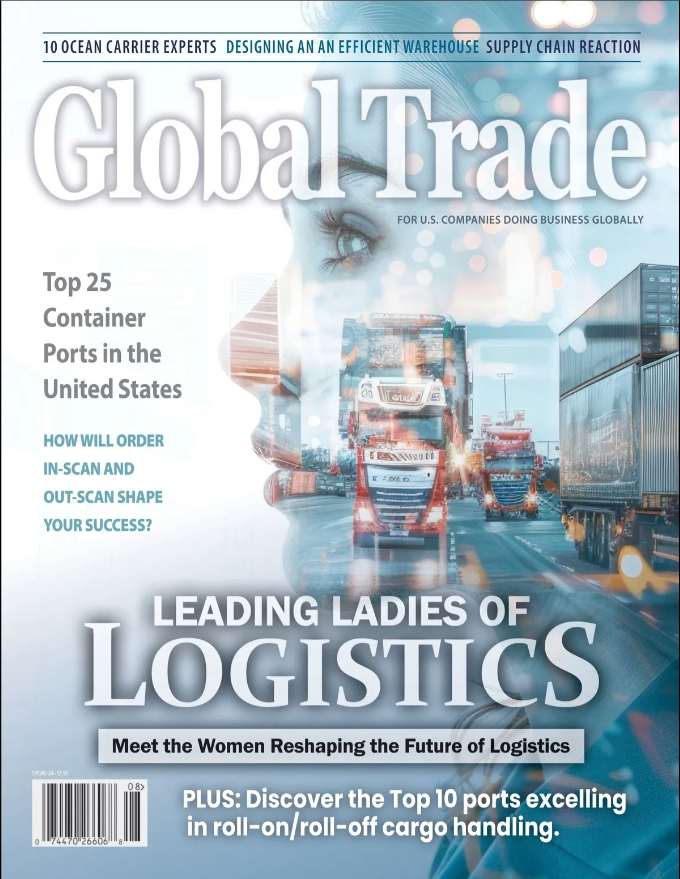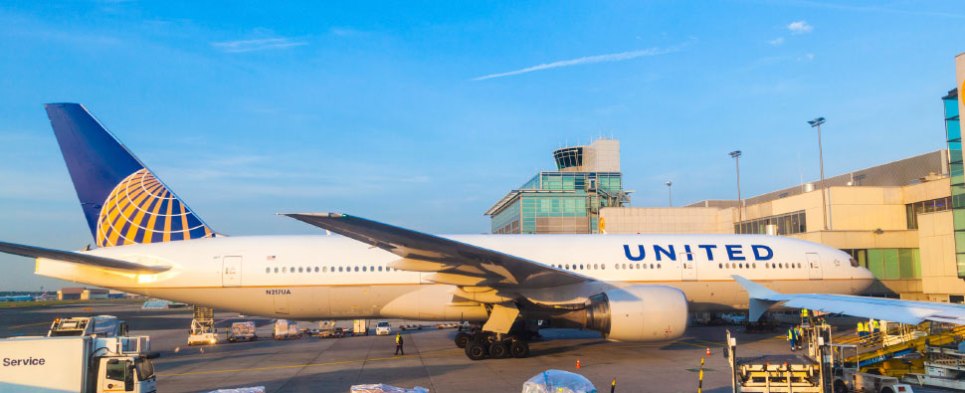Eye On The Sky
HOW HAS THE AIR CARGO INDUSTRY BEEN AFFECTED BY POST 9/11 REGULATION?
The world did not come to an end on Aug. 3, 2010, the day screening of all cargo loaded into bellyholds of passenger aircraft taking off from U.S. airports became mandatory under the 9/11 Act,* passed by Congress in 2007. Contrary to dire predictions that had been emanating from cargo operators since the scheme had first been propagated, the air cargo industry was not plunged into a cataclysmic paralysis. Passenger flights continued to take off with freight on board and cargo did not languish in warehouses or screening facilities.
“We have not encountered any issues with the 100-percent-screening mandate, no real bottlenecks or aggravated situations,” reports Bob Imbriani, vice president of Corporate Development for freight-forwarder Team Worldwide. “I think it has become part of how we move air cargo.”
One factor that helped avert the scenario of clogged screening facilities was the slump in air cargo volumes in the global economic downturn, notes Brandon Fried, executive director of the U.S. Airforwarders Association, who has been one of the spokesmen of the air cargo industry in the dialogue with the Transportation Security Administration (TSA) on security measures. However, even with volumes finally climbing again, he does not anticipate any bottlenecks for years to come.
The expected meltdown failed to materialize, but the screening mandate brought fundamental changes nonetheless. Cut-off times to tender freight to airlines have been extended, varying from carrier to carrier, notes Albert Saphir, president of logistics consulting firm ABS Consulting. At Miami International Airport, one large airline has a four-hour cutoff window for screened freight and eight hours for unscreened cargo, he adds.
Shippers now have to sign a consent form to have their cargo screened when they tender it to a forwarder, and they are charged for the service. Fees vary from one provider to the next, as do some of the instructions. According to Saphir, confusion about details of the regulations is inevitable.
“The majority of the requirements are considered sensitive security information by the TSA, so they are not in the public domain and forwarders cannot discuss them with their clients,” he says.
Shippers can get full insight if they register under TSA’s Certified Cargo Screening Program to perform the screening at their own facility. After all, the scheme was developed to avoid bottlenecks at airports by pushing the screening activity as high up the supply chain as possible. However, not many shippers have signed up.
“It is difficult to see a benefit, unless there is some priority given in terms of booking,” reflects Imbriani. Fried adds that most shippers view the screening aspect as part of the service they expect from their forwarder.
If a company wants to move its shipment on a passenger flight (which tends to operate at higher frequency than freighters), it has to be registered as a known shipper, via the forwarder. As with the screening requirements, some of these aspects are not in the public domain, Saphir points out.
“One of our customers, who was a known shipper for years, got rid of two forwarders they had used and signed up two new ones. One of the new agents got them registered as a known shipper almost immediately, the other one struggled with it,” he recalls.
Saphir stresses that screening is performed at the piece level. A consignment of boxes shrink-wrapped on a skid will be taken apart so each box can be screened. Shippers can speed up the screening process and avoid possible damage by putting part shipments into a large box that counts as one unit, he says.
No industry executive harbors any doubt that the security regime for air cargo will continue to tighten. The next step in the works is the mandate that for all international air cargo shipments headed to the United States, shipment data have to be submitted to Customs and Border Protection in advance. The European Union is working on a similar regime for air freight entering its domain; Fried and Imbriani predict the rest of the world will follow over time, so U.S. exports will face similar requirements.
Fried is hopeful that national and regional regimes will be harmonized, which would facilitate compliance and processes greatly. In any case, the need to submit shipment data to the authorities at destination will affect cutoff times, forwarders warn.
The onus for submitting the data is with the air carriers, who will likely charge a fee. Fried expects that such fees and the efficiency of airlines in dealing with this mandate will become part of the criteria by which shippers and forwarders pick carriers.
Team Worldwide is trying to smooth the flow of data with its clientele. “We are expanding our ability to receive electronic information and link with our customers’ [enterprise resource planning] systems to make it easier for them to get the requisite information to us,” says Imbriani.
* The law’s full name is “Implementing Recommendations of the 9/11 Commission Act.”
AIR SHIPPING COMMODITIES
A CONVERSATION WITH TIM STRAUSS, VICE PRESIDENT OF CARGO OF HAWAIIAN AIRLINES
Global Trade: What commodities are shipped by air?
Tim Strauss: Goods that move via air cargo generally fall into one of four categories: High Value (electronics, fashion, pharmaceuticals); Perishable (flowers, fruits, vegetables, fresh fish and meat); Production Errors (quality, quantity or missed deadlines); and Inventory Carrying Cost (mostly impacted by cost of capital which has been low owing to global quantitative easing).
Have there been any shifts over the past two to three years?
Three seismic shifts are occurring in the air cargo industry. In the past decade more than 2 percent of all air cargo has moved off aircraft and onto ships. The second change is in the exploding growth of Internet purchasing by consumers around the world creating expanded opportunities for forwarders and postal organizations to enter the e-commerce segment with an equally positive effect on air cargo. Last is the introduction of long-range, wide-body aircraft that have significantly increased cargo capacity on passenger aircraft. So, a meaningful shift to ocean, an increase in capacity and a timely expansion in e-commerce. Never dull in air cargo!
What can/should shippers do to ensure a smooth end-to-end flow involving air freight?
Start well and end well. The single-most important item shippers can do to ensure timely transportation of their goods is to be sure the shipping documents are accurate and complete prior to leaving the dock. In particular, make sure the commodity is descriptive and precise.





Leave a Reply